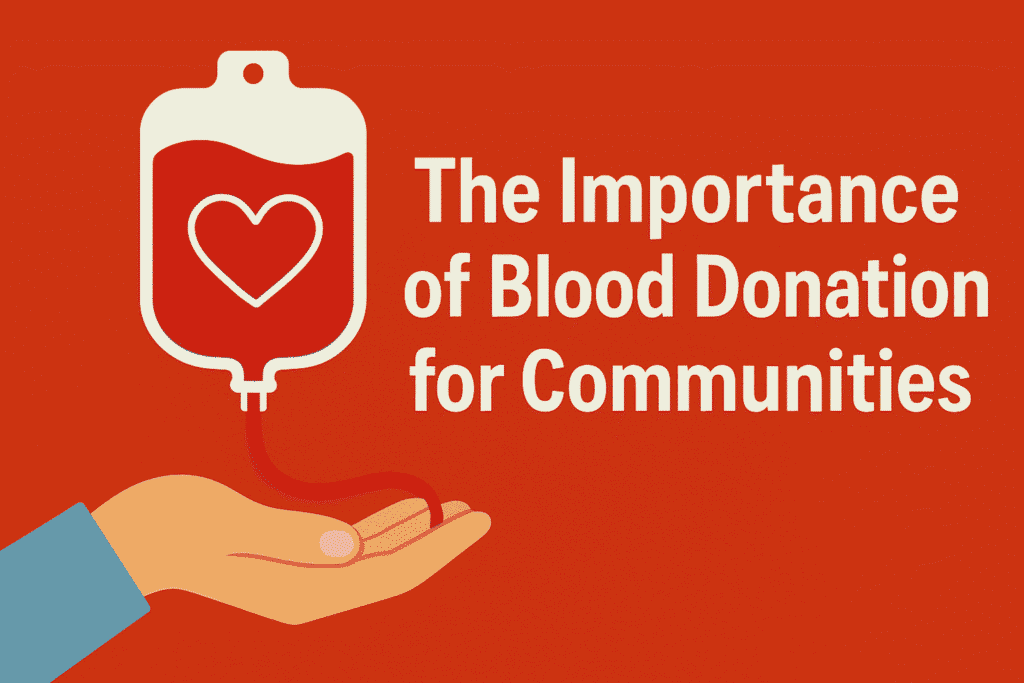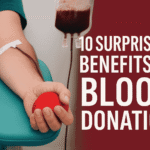Blood donation is one of the simplest yet most powerful ways to make a difference in society. Every drop of donated blood carries the potential to save lives — from accident victims and surgery patients to those fighting chronic diseases. While it’s an individual act, its impact is deeply communal. When people come together to donate blood, they strengthen the foundation of public health and support those in urgent need.
Why Blood Donation Matters
Every year, millions of people require blood transfusions for various reasons — surgeries, childbirth complications, cancer treatments, and trauma care. However, hospitals and blood banks often face shortages, especially during emergencies or disasters.
Donating blood ensures that healthcare systems have an adequate and safe supply available at all times. A single donation can save up to three lives, as donated blood is separated into red cells, plasma, and platelets — each serving a specific purpose in medical treatments.
Blood donation isn’t just about giving away something; it’s about giving hope, health, and life to someone in need.
The Ripple Effect on Communities
When people regularly donate blood, it creates a culture of care and responsibility within communities. Blood drives and donation camps bring people together for a shared purpose — helping others selflessly.
These collective efforts make a real difference, especially in rural or underserved areas where access to healthcare is limited. Local blood donors help ensure that hospitals and clinics have life-saving blood available for emergencies without delays.
Communities with active blood donors are better prepared to handle medical crises, accidents, or natural disasters. In essence, consistent blood donation helps build a healthier, more resilient society.
Health Benefits for Donors
While blood donation is primarily an act of giving, it also benefits the donor. Regular donations help maintain balanced iron levels in the body, reducing the risk of heart diseases. Additionally, donors undergo basic health screenings during each donation, which can sometimes detect health issues early.
Many donors also report a sense of emotional satisfaction and fulfillment after donating — knowing that their small contribution has made a big difference in someone’s life.
Encouraging Awareness and Participation
Despite its importance, myths and misconceptions often prevent people from donating blood. Some fear weakness or pain, while others are unsure about eligibility. Awareness campaigns play a vital role in addressing these fears and educating the public about the safety and simplicity of the process.
Organizations, educational institutions, and local communities can take the lead by organizing regular blood donation drives. Encouraging employees, students, and residents to participate not only boosts donation numbers but also fosters unity and compassion.
Conclusion: Be the Reason for Someone’s Tomorrow
Blood donation is more than just a medical necessity — it’s an act of humanity that connects people. Each pint donated represents life, hope, and community strength. By donating blood regularly, you help ensure that no patient loses their life simply because blood wasn’t available in time.
So, the next time there’s a blood drive near you, take that step. Roll up your sleeve and donate — because your blood could be the reason someone gets a second chance at life.


